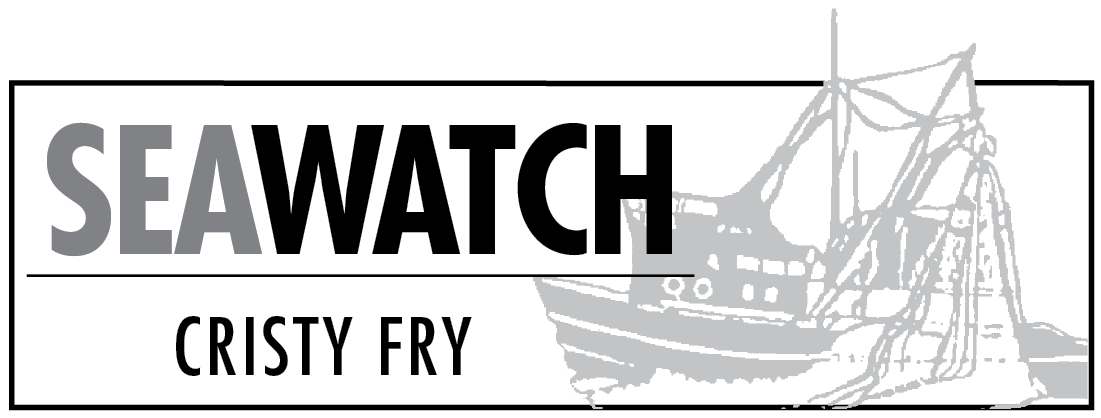Commercial and recreational fishermen in the United States are hoping that an amendment to the Magnuson-Stevens Act will address a misnaming issue that has unjustly penalized the fishing industry.
The proposed amendment is contained in the draft, called Strengthening Fishing Communities and Increasing Flexibility in Fisheries Management Act.
The draft legislation aims to alleviate a number of concerns that recreational and commercial fishermen and the businesses that depend on them have had, since the original intent of the MSA has been severely distorted by a number of agenda-driven organizations, according to Fishupdate.com.
Currently the MSA defines any stock of fish that is not at a high enough level to produce the maximum sustainable yield as being “over-fished.”
This is regardless of whether it is fishing that has reduced the stock to this level, or of whether cutting back on or curtailing fishing will return that stock to a “non-over-fished” condition.
The law is without question the most important piece of legislation that deals with U.S. domestic fisheries management. Thus, equating “not enough fish” with “over-fished” contributes to a blame-it-all-on-fishing mindset and is a gift to the anti-fishing activists.
The draft legislation will substitute “depleted” for “over-fished” wherever it appears throughout the MSA.
U.S. House Resources Committee chair Doc Hastings, R-Wash., who supplied the draft, acknowledges that the MSA needs some work.
“In the hearings we’ve held, there was general agreement that the Act is working,” he said in written testimony. “I’ve said all along that I believe that the Act is fundamentally sound. But success does not mean the Act works perfectly or should not be modified and improved.
“We have heard at almost every hearing that the balance between preventing over-fishing and optimizing the yield from our fisheries has become unbalanced and that additional flexibility for fisheries managers should be added.”
Alaska Sen. Mark Begich is playing an instrumental role in shepherding the legislation through the process on the Senate side as chair of the Senate Subcommittee on Oceans, Atmosphere and Fisheries, holding “listening sessions” with constituents and educating his fellow lawmakers about what the law does and how it affects Alaska.
Begich says he has heard much concern about climate change during those sessions, something not on the horizon when the Act was first passed in 1976.
He also has heard calls for more transparency in the public process regarding fisheries management decisions.
Cristy Fry has commercial fished since 1978 in Homer and King Cove.


